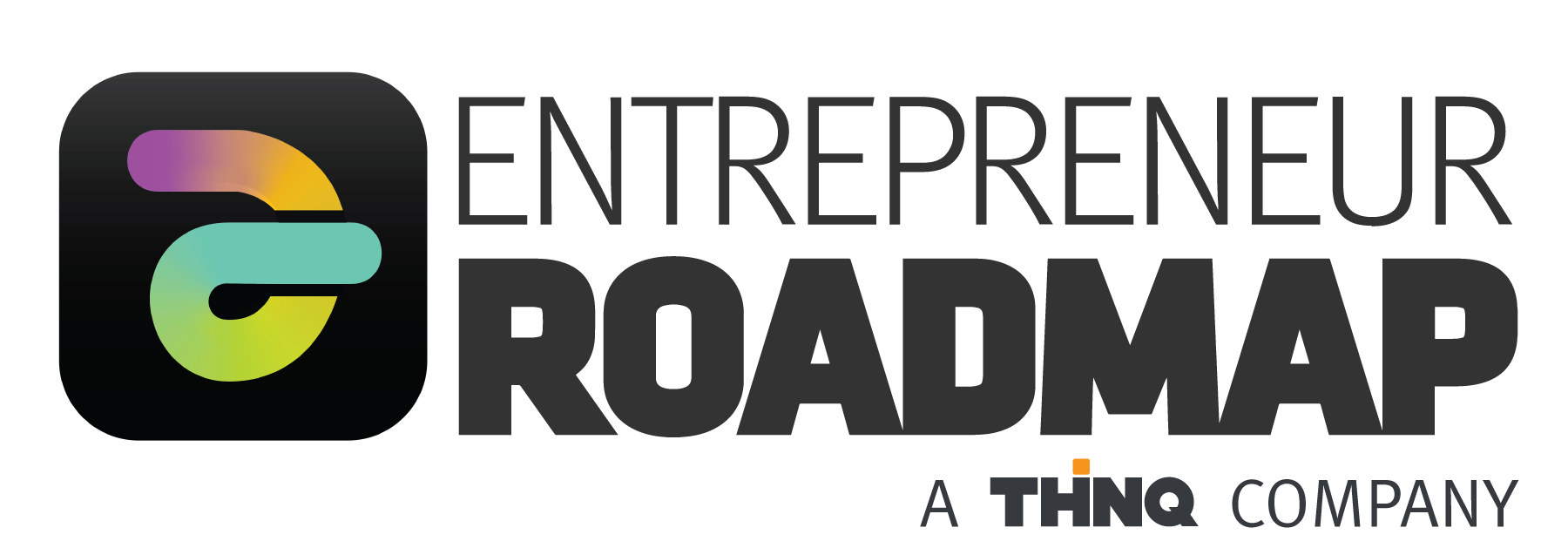Investors, Bankers, Dragons and Sharks all ask similar questions
Why are those specific questions so important?
They know that there are specific answers they are looking for. The degree to which the entrepreneur successfully answers the questions is the degree to which they succeed. While this is not a perfect equation, it is quite accurate.
For a foolish example, if you were - just an example, not at all relevant in my house - being pitched to believe that your high school student child was going to pull off an "A" in a certain class by the end of the year and when you ask them what their track record the last semester has been and they say "mostly C's" and then you ask them how much studying and reviewing they plan on doing this semester and they say "nothing different than what I've been doing", would you believe them? What about if they were really passionate about it?
No, of course not.
We know enough about school that the lack of studying and historical grades are not going to magically change in the future. No matter how convinced this student is that they will succeed, we likely wouldn't bet on a change in grades.
IBDS have a similar wisdom around business and they will not invest easily into an entrepreneur that cannot answer specific questions in a way that shows they understand the outcomes. After seeing hundreds, if not thousands of pitches and business plans - not to mention years of records showing what worked and what didn't work in business, they can form pretty solid conclusions.
Now, this is never to say they are always right nor are they always wrong. However, the more you see something, the more likely you can be sure of the outcome.
Ironically, IBDS only really ask two major questions when looking at your growth chart.
| • |
Are the numbers realistic? How can you be sure? |
| • |
Do you have the team and the plan to create the expected ROI? |
So, it would stand to reason then, if we can answer those questions successfully in our own business, we should have a better chance of achieving the outcome we want in our business.
Here's the rub. We can't get that experience to know what questions we should be asking until we have lived and experienced it. It takes a year to grow a year, I always say.
Imagine if you had someone who knows what questions need to be asked and they would sit down patiently with you and ask those questions in the safety of your own office. And ask them at a pace that allows you to do all the research necessary to answer perfectly. It's like having the questions to the exam before the exam - in a course that you have never taken.
The questions above are really just the tip of the iceberg. The big questions might be common to us who are in business. As always, the deeper dive questions underneath are what makes the difference - they are not so common:
| • |
What is the problem you're trying to solve? Who has it, how wide is it, how much does it cost, who else has it, who is working to solve it, what's working, what isn't, who can validate it, what have they said, etc. |
| • |
What will it cost to make and distribute this? How much are the marketing costs? What channels will you use (other than the all-general "social media" - what does that actually look like?), what is the cost of acquisition, what are the steps, what are all your costs, have you researched more than your own thoughts? |
| • |
What is your plan to get to the goals you expect? Who does what, when, how much does it cost, what is the implementation plan? When is your break even and what are you doing to manage the shortfall in the meantime? |
I just came off my annual business plan competition and reviewed a couple dozen plans. I am amazed at how few companies answer these questions even remotely satisfyingly. I'm all about vision, mission, values and goals. Do you have the answers to the questions that will carry you towards your vision, mission, values and goals? That plan put into action is more valuable than the greatest vision left unstarted.
The image above is a model I have put together to do exactly that. It's called The Entrepreneur Roadmap.
As a mentor and coach who commands a high price for the experience lived, I wanted to create the experience of having a great mentor for clients who might not be able to afford a full mentorship program. It also serves as an opportunity for the entrepreneur to get a ways down the path before engaging a more expensive engagement.
One of my investor friends said "It's like an entrepreneur retreat. That you can do from home... in your underwear".
The whole model is free and can apply to any level of business. It doesn't matter at what level you start in business. When you work through this model, it will help you take your business higher and help you achieve better results.
There are almost 40 tools and forms available in a simple to use format. Many of the tools are ones that entrepreneurs of all sizes could benefit in using regularly in their day-to-day business.
Please feel free to sign up and get free access to this useful model. Get asked the questions that are going to help your business avoid disasters, improve in the right areas and be ready for investment or just more enjoyable for you - the owner.


What are the most useful tools you have found for raising capital?